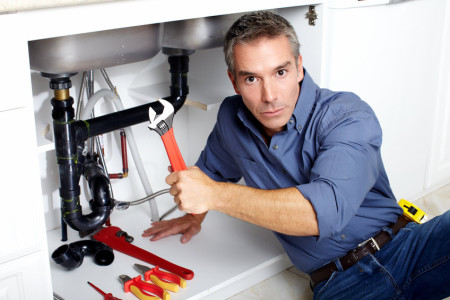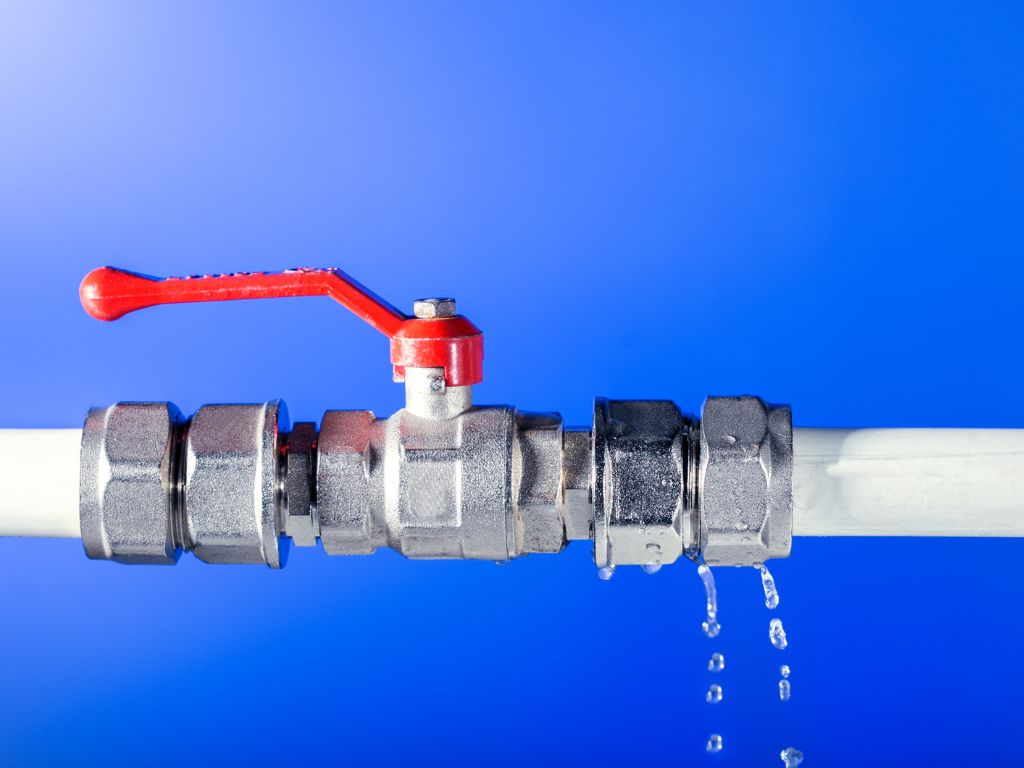Temporary Plumbing Fixes for Critical Situations: Actions to Take Until Help Arrives
Temporary Plumbing Fixes for Critical Situations: Actions to Take Until Help Arrives
Blog Article
Right here on the next paragraphs you can discover some excellent help and advice about What to Do While Waiting for an Emergency Plumber.

Pipes emergencies can strike any time, triggering anxiety and potential damages to your home. Whether it's a burst pipeline, a clogged drainpipe, or a dripping faucet, recognizing how to take care of the situation up until a professional plumbing technician gets here can save you from additional difficulties. This short article gives important emergency situation pipes suggestions to assist you mitigate damage and gain back control throughout a plumbing dilemma.
Switch off the Supply Of Water
The primary step in any kind of plumbing emergency is to shut down the water supply. For localized problems, such as a dripping tap or toilet, shut off the shutoff near the component. In the case of a major leak or ruptured pipeline, situate your home's main water shut-off shutoff and turn it off promptly. Knowing the place of these shutoffs beforehand can conserve valuable time during an emergency.
Address Little Leakages with Short-term Solutions
Small leakages can rapidly come to be considerable troubles if left unattended. Make use of these momentary solutions up until specialist assistance gets here:
While these fixes aren't long-term, they can aid minimize water loss and damage.
Unclog Drains Pipes Securely
A blocked drain can be an irritating and unpleasant issue. Right here's just how to tackle it:
If these methods don't work, prevent making use of too much pressure, as it may intensify the obstruction.
Handle Overflowing Toilets
An overruning commode can create prompt mayhem. Right here's what you must do:
Turn off Your Water Heater
In particular emergency situations, such as a burst pipe, it's a good idea to shut off your water heater. This avoids getting too hot or damages to the system when water quits streaming. Shut off the power supply to the hot water heater (electrical or gas) and allow it cool to stay clear of potential risks.
Briefly Stop a Ruptured Pipe
A burst pipeline can bring about considerable water damage in minutes. To minimize the problem:
Call a professional plumbing right away to deal with the problem completely.
Take Care Of Frozen Water Lines Very Carefully
In chillier climates, icy pipelines are a typical emergency. If you believe an icy pipe:
Stop Further Damages
Taking quick action to lessen damage can conserve you time and money in the long run. Right here's just how:
. Have an Emergency Plumbing Package
Prepare a standard plumbing emergency situation kit to manage minor problems properly. Your set needs to include:
Having these devices available can make a substantial difference in your capability to take care of emergencies.
Know When to Call an Expert.
While quick fixes can aid temporarily, specific pipes issues need prompt professional interest. Call a plumbing professional if:.
Promptly getting in touch with an expert makes certain the issue is dealt with properly and stops additional issues.
Verdict.
Pipes emergency situations can be overwhelming, but with the best knowledge and tools, you can manage the circumstance successfully up until assistance shows up. By switching off the water, resolving tiny leakages, and making use of temporary solutions, you can minimize damages and maintain your home safe. Bear in mind, these pointers are short-lived remedies; constantly get in touch with a qualified plumbing professional to take care of the origin of the trouble. Preparation and quick reasoning are your finest allies in any pipes emergency situation.
8 Helpful Tips for Managing Plumbing Emergencies at Home
If your plumbing system hasn’t failed once, wait for it because almost everyone has a story to tell. Sometimes, it could be simple emergencies such as a leaking pipe, a blocked cistern, or even a big burst pipe. In situations like this, you need to have some handy tips to save you some money and from possible damages.
Take care of minor issues early.
Sometimes, you could have avoided an emergency by taking proactive measures while it was still early. Some major plumbing emergencies can be a result of an ignored minor issue. We recommend that you have items like plumbing tapes and other related items. A plumbing tape can allow you to manage minor leaks before the plumber arrives.
Cut off the water supply.
This tip is essential in almost any type of leakage problem. For problems like minor leakages in the toilet or kitchen, turn off the supply that takes water to the affected pipes. If the leakage is a major pipe, you must shut off the supply valve to the entire building. This will help you avoid flooding your home and neighbors if you share a flat.
Know your plumbing system
Folks typically move into a new apartment without understanding the water supply around the building. This can prove disastrous if a water emergency arises and the plumber is far away. The previous tip will prove useless if you don’t practice this one. More importantly, know where your water shut-off valve is located – you’ll need that knowledge to prevent potential home floods.
Have some common handy tools
There are lots of plumbing emergencies that you can handle without hiring a plumber. That’s why you must keep some tools available always. Some tools that you can use to fix simple plumbing emergencies easily include plumbing tapes, screwdrivers, thread seal tapes, plungers, pliers, tape measures, and rubber gloves.
Insulate your pipes from cold
You’ll save yourself from many plumbing expenses if you protect your water pipes from the cold. This is because of the harmful effects that cold weather can have on your pipes. During winter, your pipes can burst from being overly expected to freezing temperatures. So, make sure insulators are there to keep the pipes working correctly.
Avoid practices that will clog your toilet.
Many people indulge in practices that can damage the plumbing system of the entire building. One of these is when they use their toilet to dispose-off garbage. They flush all kinds of things, such as paper towels, bandages, hairs, female sanitary products, etc., down the toilet. This will block your toilet in the long run, incurring unnecessary expenditures. Dump such waste in the trash instead.
Check your dials regularly.
Sometimes, there could be leakages in your home without noticing them in time. So, constantly monitor your water meter dial. If the dial is reading when there is nobody using water, this is an indicator that there is leaking. Check for leaks immediately. Call a plumber as soon as possible if you can’t find any.
https://www.constructionplacements.com/8-helpful-tips-for-managing-plumbing-emergencies-at-home/

I am very interested by and I'm hoping you appreciated our page. Sharing is good. You just don't know, you may very well be helping someone out. Thank you so much for taking the time to read it.
Call Today Report this page